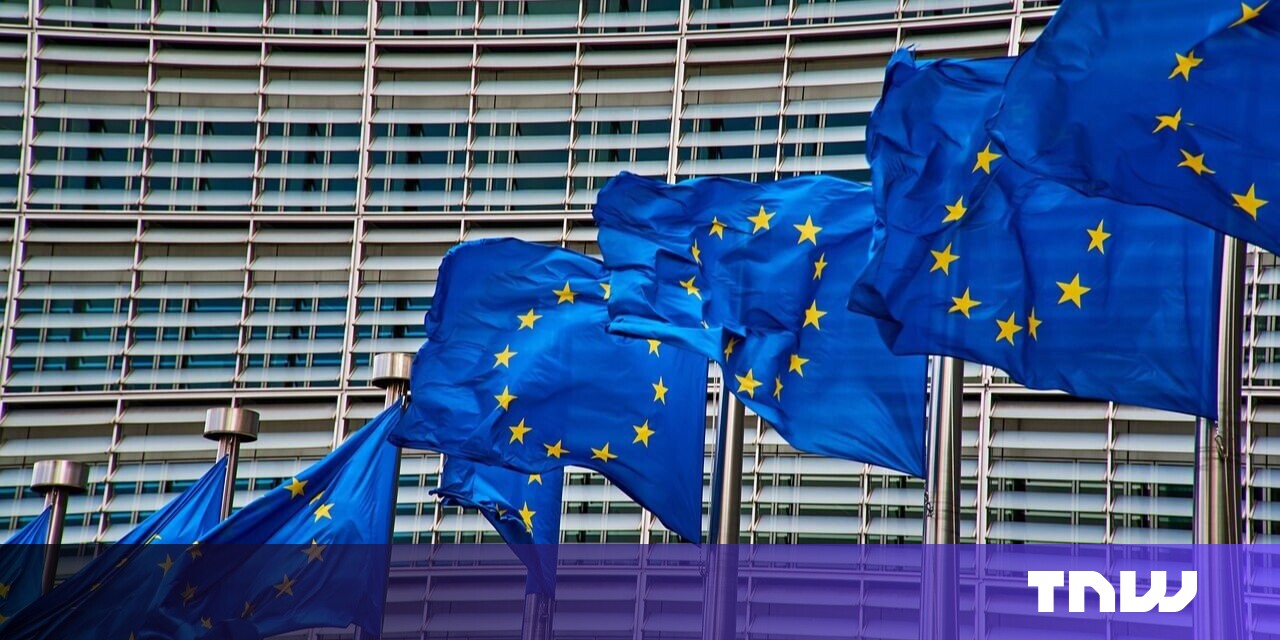The European Investment Bank (EIB) is considering new measures to help close the funding gap for European startups and prevent them from relocating across the Atlantic.
During a meeting with EU finance ministers yesterday in Luxembourg, the EIB proposed its “Action Plan” that aims to boost Europe’s capital markets, investments, and competitiveness.
A key pillar of the plan is to increase support for the EU’s venture capital and private equity markets to enable the scaling up of innovative startups and unicorns.
This includes three different measures, starting with the extension of the European Tech Champions Initiative (ETCI). Launched in 2023, the ETCI is a fund of funds that provides late-stage capital to European companies. By February 2024, it had closed €1bn of investments.
The EIB also plans to boost equity and venture debt investments for scaleups and it will work towards the creation of a new exit platform to facilitate acquisitions and public listings for tech startups.
“The Action Plan discussed with ministers will help European innovators scale up their business and contribute to channel savings into productive investments,” EIB Group President Nadia Calviño said in a statement.
Calviño added that the measures will foster innovation and job creation, ultimately “ensuring that European companies born in Europe, stay in Europe.”
Europe’s innovation gap
EIB’s proposed plan comes a month after Mario Draghi sounded the alarm about the EU’s inability to commercialise innovations.
In a report commissioned by EU chief Ursula von der Leyen, Draghi warned that the bloc is significantly falling behind competitors such as the US.
“The problem is not that Europe lacks ideas or ambition,” the Italian former premier said.
“But innovation is blocked at the next stage: we are failing to translate innovation into commercialisation.”
According to the report, only four European companies rank among the world’s top 50 tech giants. Furthermore, no EU-based tech company has achieved a market capitalisation exceeding €100 billion in the past half-century. This starkly contrasts with the US, which boasts six such companies valued at over €1 trillion.
To further illustrate the EU’s challenges, the report also showed that, between 2008 and 2021, nearly one third of European unicorns relocated abroad, with the majority moving to the US.












